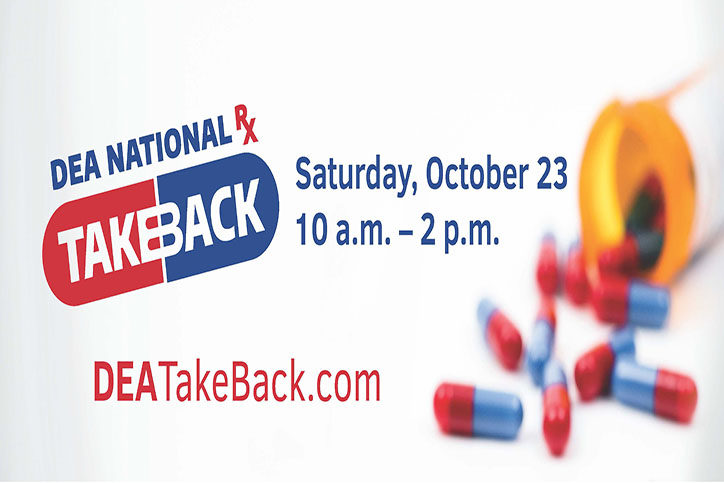Since 2010, the Drug Enforcement Administration (DEA) has held 20 National Drug Take Back Day events. These events are a free and easy way to safely dispose of medicines – both prescription and over-the-counter. The next drug take back day event is October 23, 2021 from 10 a.m. to 2 p.m.
Antihistamine Safety
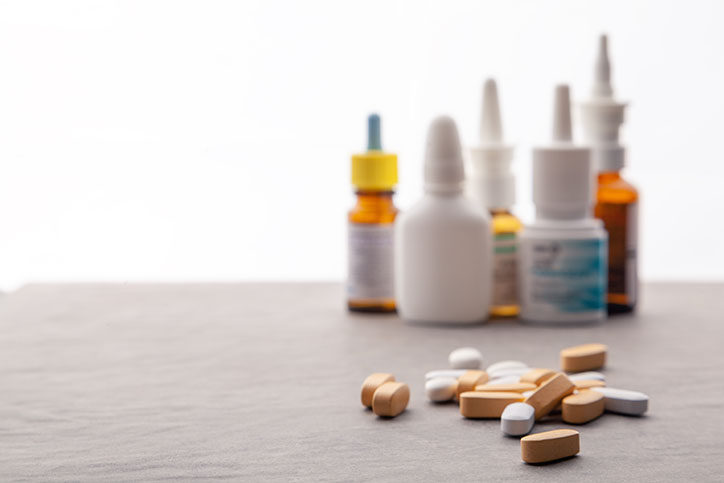
Antihistamines are a type of medicine commonly used to treat allergies. Antihistamines were involved in approximately 1,200 cases at the Maryland Poison Center (MPC) in 2020. Let’s dive deeper into antihistamines and how to safely use them.
What Tweens and Teens Should Know About the Poison Center

People often think that poison centers are only for little kids, but that’s not true. Poison centers are for everyone, including tweens and teens. It’s important that tweens and teens are familiar with safety tips and tools to keep themselves safe.
Common Inhalation Exposures
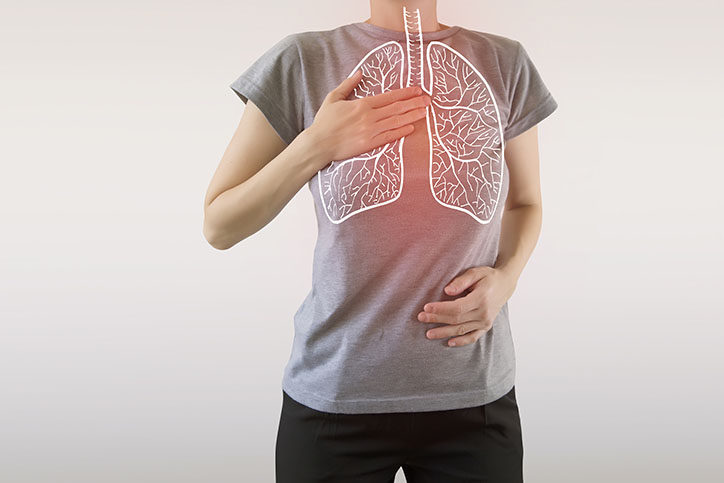
At the Maryland Poison Center (MPC), we talk a lot about poisons that are swallowed. But did you know we manage other types of poison exposures, too? Let’s look at other ways a person can be exposed to a poison, such as inhalation exposures.
Pet Poison Safety

If your child eats dish soap or a piece of a plant, who would you call? Hopefully your local poison center came to mind. But what happens if your furry family member eats something they shouldn’t? There are two animal poison centers- ASPCA Animal Poison Control and Pet Poison Helpline.
What You Should Know About Delta-8-THC
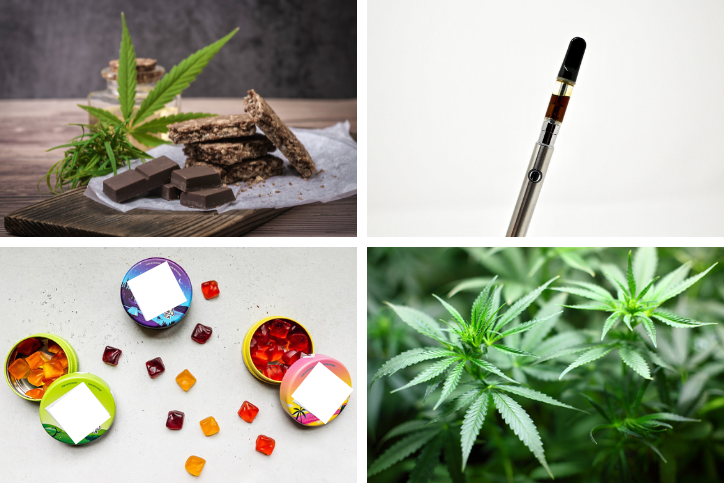
Delta-8-tetrahydrocannabinol (THC), also known as delta-8, is becoming an increasingly popular product. Let’s dive deeper into what you need to know about delta-8 to help keep you and your loved ones safe.
Meet Our Experts: Angela
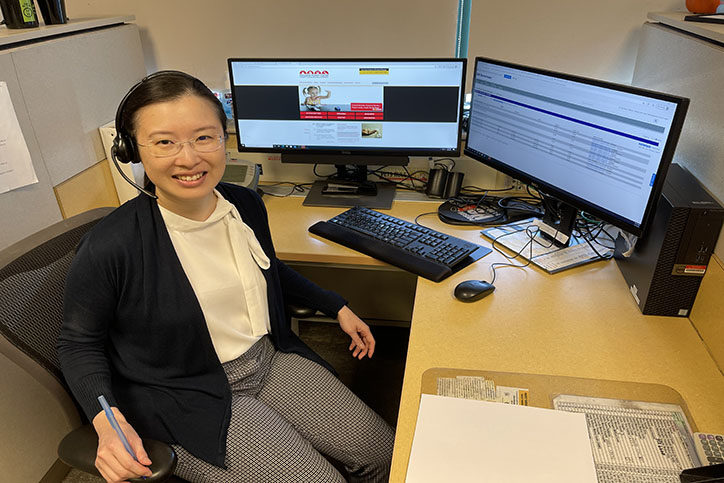
One of the goals of our eAntidote blog is to introduce you to the real poison experts who answer the phones at the Maryland Poison Center (MPC), as well as our staff members. Read this Q&A to get to know our toxicology fellow: Angela Lam.
Preventing Food Poisoning
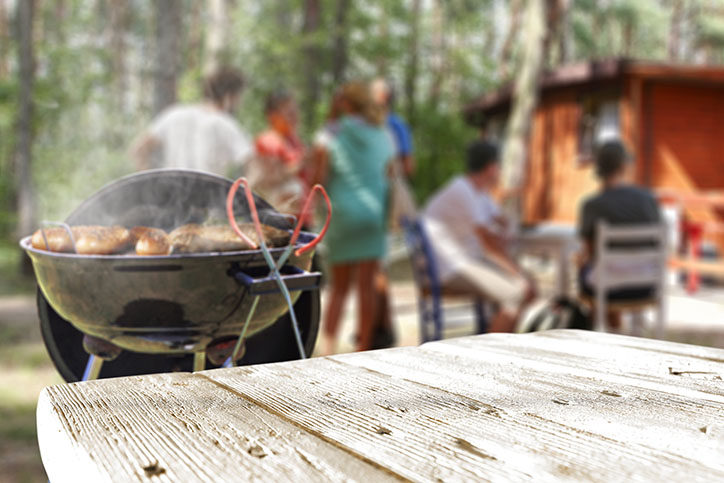
Heading to a party or cookout this summer? Don’t invite food poisoning. At outdoor parties and cookouts, the temperature of food can change, allowing bacteria to grow. Germs and bacteria on your food can cause food poisoning.
Poison Exposures in Children- Summer Edition
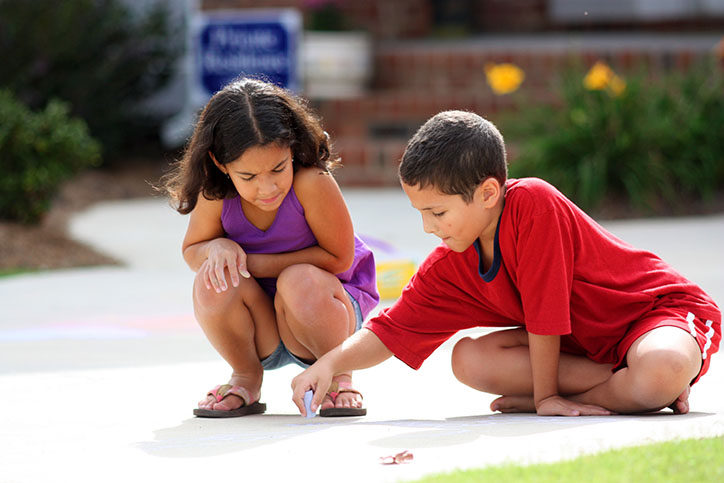
Summertime is finally here! Whether children are staying home or going to camps or on vacations, they will likely spend time exploring their environments.
Common Skin Exposures
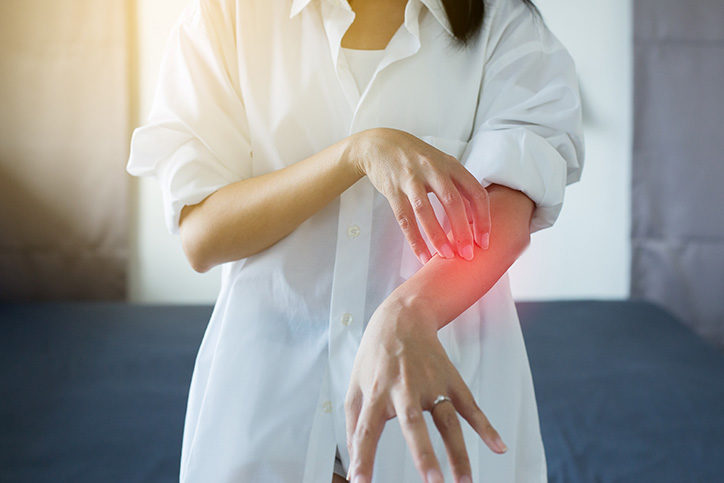
At the Maryland Poison Center, we talk a lot about poisons that are swallowed. But, did you know we manage other types of poison exposures, too? Let’s look at other ways a person can be exposed to a poison, such as skin exposures.

